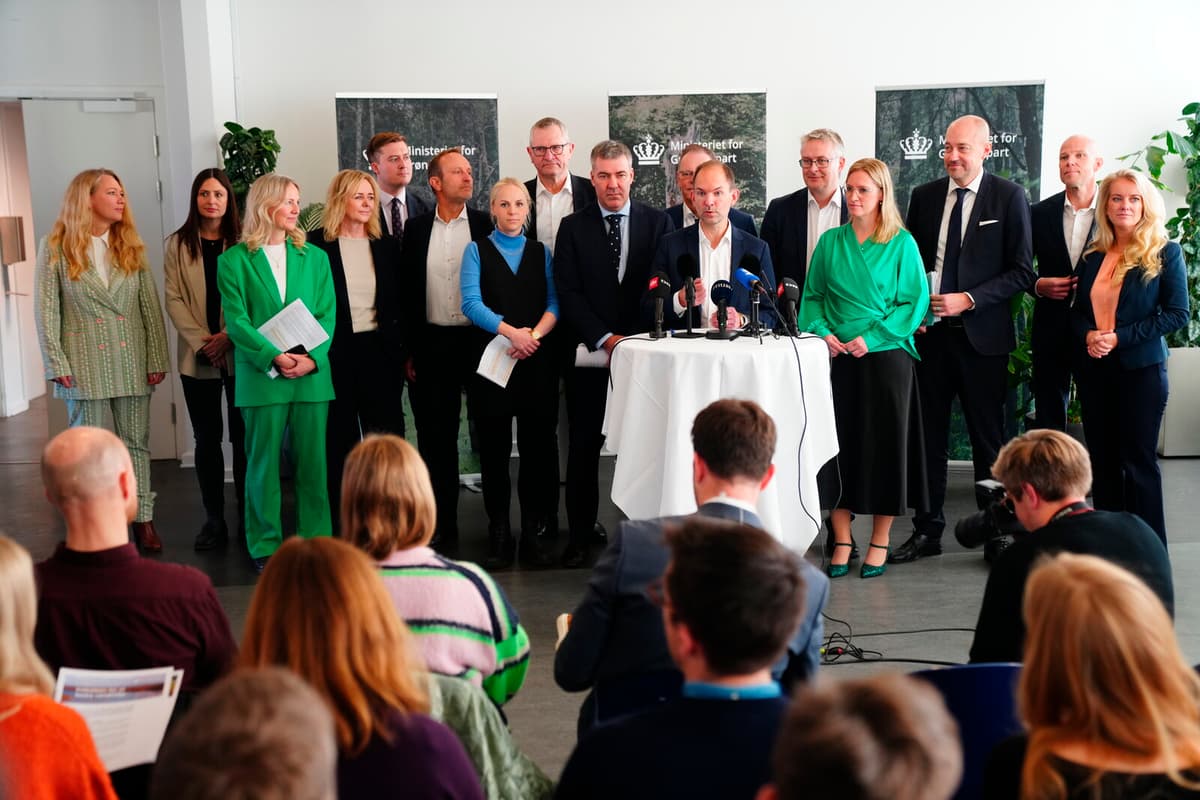Ten percent of Denmark's area will also be converted into nature and forest by 2045. Nitrogen emissions from agriculture will be reduced by 13,780 tons per year.
We will be the first country in the world to introduce a carbon tax on agriculture, says the country's Climate and Energy Minister Lars Aagaard (The Moderate Party).
This shows a willingness to act. It also shows that the Danish model works, where the sector affected by the agreement is involved, continues Aagaard, referring to the country's agricultural sector, which has been part of the negotiations.
Combined with deductions
The new tax will amount to 300 Danish kronor per ton of emitted carbon dioxide by 2030 and then be increased to 750 kronor per ton by 2035. However, the tax is combined with a basic deduction of 60 percent, which makes the actual tax rates significantly lower.
This is described as a victory by the chairman of the agricultural organization Landbrug & Fødevarer, Søren Søndergaard.
- We have made a significant impact on the result, he says.
The tax will be based on emissions from fertilizer management and from the digestion of livestock.
Sweden is to contribute
Sweden and Germany are expected to contribute to achieving the goal of reducing nitrogen emissions in the sea. Jeppe Bruus (The Social Democrats), the responsible minister for the agreement, states that he wants to see common rules for the Baltic Sea.
I haven't called Sweden and Germany yet, since we need to get things clear here before we start calling around, he says.
In Denmark, the agreement has already been called historic. Some parties had, however, wanted to go even further.
There is no doubt that I would have liked a higher carbon tax, says Signe Munk, Socialist People's Party.






